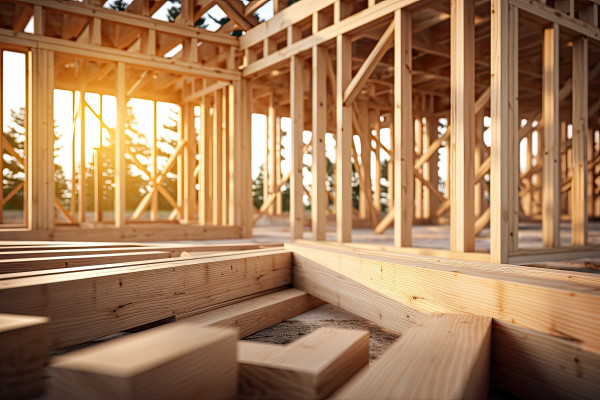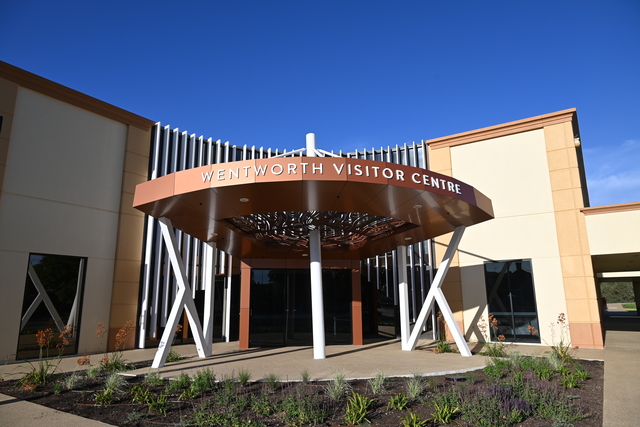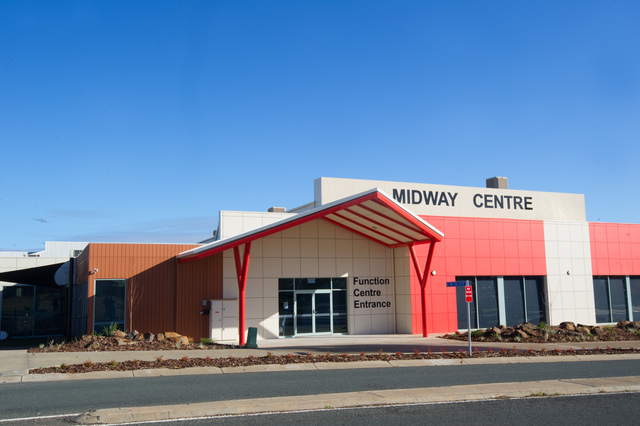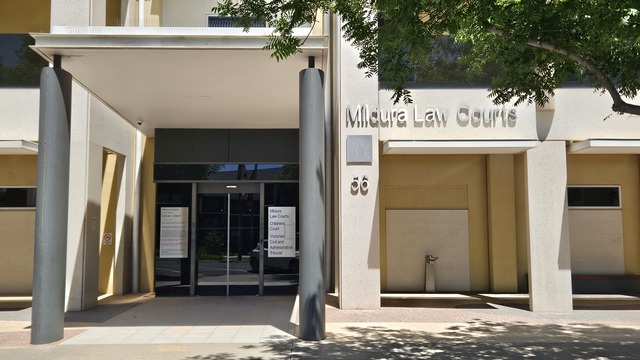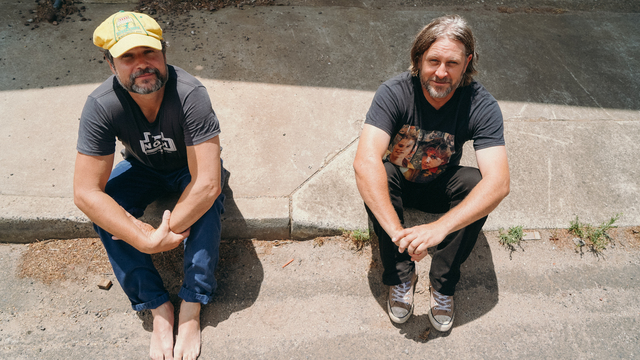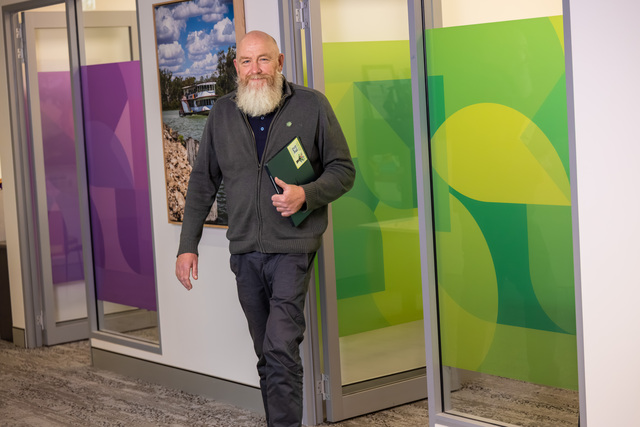MILDURA Rural City Council says a percentage of social and affordable housing should be included in all new private market housing projects in an effort to curb the rental and housing affordability crisis in Victoria.
In a submission to a parliamentary inquiry into the crisis, the council said it would welcome the establishment of any new social housing investment fund and a mandatory “inclusionary” zoning scheme to ensure that new housing developments included affordable housing.
It also supported an “ongoing pipeline of investment”, particularly in regions such as Mildura where there was social disadvantage.
The council said there were a range of “disadvantaged factors” affecting the region, including lower-than-average household income, a “significantly” higher unemployment rate than other Victorian regional cities, a population growth half the rate of other major regional centres, rising homelessness and a high level of rental stress.
At a meeting held in May last year, the council declared a housing crisis in the municipality, with a goal to increase access to appropriate and affordable housing.
It formed a Mildura Social and Affordable Housing Taskforce to advise member organisations on matters relating to the funding, delivery, and management of social and affordable housing in Mildura and surrounding communities.
The taskforce operates under a shared belief that safe, affordable, and appropriate housing is a basic human right, to which all community members should have access.
The taskforce said there was a need to take a holistic view of identifying and addressing social and affordable housing issues – not just what was within the council’s control.
The effort could be funded through the council’s annual budget process or by seeking funding support from other sources, including funding for work pertaining to rural workers’ accommodation.
The council said that although it was not a large landowner there may be some opportunities to be explored and potential opportunities on college lease land.
“Generally and historically, council has not been involved in the community housing space, however, we are increasingly seeing other councils embedding social and affordable housing targets into their planning scheme – which is something that is within council’s control and that we may be able to influence.”
Parliamentary inquiry chair and Liberal MP Trung Luu said the rental and housing affordability crisis had been decades in the making and would also take decades to fix.
“Victorians should be able to choose where and how they live … (but) owning our own home is becoming increasingly out of reach for too many of us,” he said.
“While the committee understands community concerns around increased density, it also accepts the many social and economic benefits that flow from building housing near existing infrastructure.
“That is why we have said that the Victorian Government must work with local councils to acknowledge and respond to these concerns while also explaining the benefits that come with increased density.”
Mr Luu said the availability of social housing was one important long-term housing issue that remained “glaringly unresolved”.
By the government’s own admission, it needs to build much more social housing in Victoria and the committee has highlighted the priority of addressing the social housing waitlist,” he said.
“In Victoria, as across Australia, we have spent too long watching problems with housing grow while delaying taking action.
“Victorians should be encouraged to be financially self-reliant and not made to feel that they will be penalised when choosing to invest in their future.”

